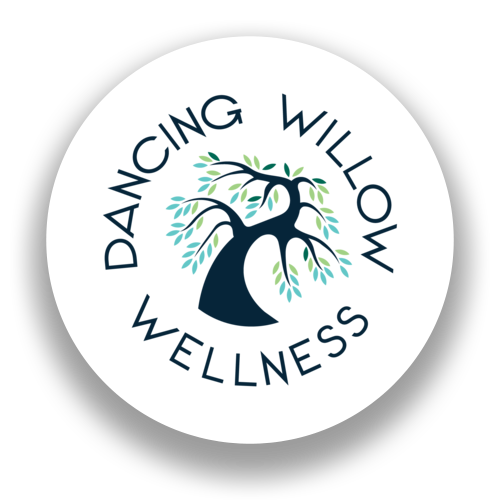
Youth Counselling
Mental Wealth is a term Dancing Willow Wellness uses with conviction. Even in your most vulnerable and troubled moments, you have a deep well of resilience and possibility to rely on.
Our youth are just beginning to find themselves in this world. Challenges with mental health, relationships, and addictions can impact their daily lives with intensity when emotions are new and big. This is where counselling can help!
Whether your child is neurodiverse, experimenting with substances, trying to understand their gender and sexual identity, or is feeling overwhelmed, Dancing Willow Wellness offers a variety of means for youth to gather and apply the tools needed to help build their Mental Wealth.
We offer a safe space for youth to be themselves, and talk about difficult topics. With approaches suited to the client’s needs, we provide practical advice and time-tested strategies that can give youth the tools needed to overcome whatever obstacles they are up against and get life back on track.
Children 6 years old and up are welcomed at Dancing Willow Wellness to talk it out and find options and solutions.
If any of this feels familiar, we’re here to help:
Stress
Difficulty in School
Relationship Boundaries
Grief
Anxiety
Depression
Addiction
Low Self-Esteem
Gender & Sexual Identity Challenges
Disordered Eating Habits
“You have brains in your head. And feet in your shoes. You can steer yourself any direction you choose.”
More info about youth counselling.
How do I know if counselling can help my child?
If the youth themselves want to talk about problems that are bothering them, or are ready to work on making changes, then counselling may help them!
Do we address mental health, addictions or both?
Studies have shown that addressing both concerns at the same time is the best practice. Mental Health and Addictions can go hand in hand, so approaching care to address both simultaneously can aid in recovery tremendously.
How do we address depression and/or anxiety?
We use the latest scientifically researched techniques with change talk, motivation and empowerment to help youth develop skills to manage symptoms of mental health concerns.
What happens in the first session?
Our first meeting is a casual session beginning with an informal intake interview. Generally for youth under the age of 16, parents/guardians will be asked to share their concerns and provide information to the counsellor to assist in creating a plan of care.
Do parents/guardians participate in sessions?
For youth under the age of 16, parents/guardians must consent on behalf of the youth to participate in counselling. However, the counsellor will ask the youth if their preferences on parental participation during sessions.
What can be expected at follow-up sessions?
Follow-up sessions are used to re-evaluate the problem, the solutions given, and to implement other options as necessary. There’s always a certain amount of trial and error involved in finding the right solution for a particular problem.
How many sessions will be needed?
The number of sessions needed can vary. In most cases, 4 to 6 sessions can provide tools and skills to improve overall wellbeing. Some youth benefit from long-term counselling while experiencing challenges in life. This will be discussed during the intake session.
Is counselling available virtually?
Virtual options are available if required, but for best results, in person counselling is recommended.
Is counselling covered by my insurance?
Some insurance plans offer coverage for counselling. If you are wondering if your plan covers counselling, please be sure to contact your insurance provider to confirm what coverage is included.
